Wars that lasted less than a year
Wars are often associated with drawn-out battles and prolonged conflicts, but history has seen its share of wars that were over almost as soon as they began. These brief clashes may have been short in duration, but they often left significant marks on the world stage.
Let’s dive into some of the world’s shortest wars, each unique in its own right and providing a fascinating glimpse into the complexities of international conflict.
The Anglo-Zanzibar War: A 38-Minute Conflict
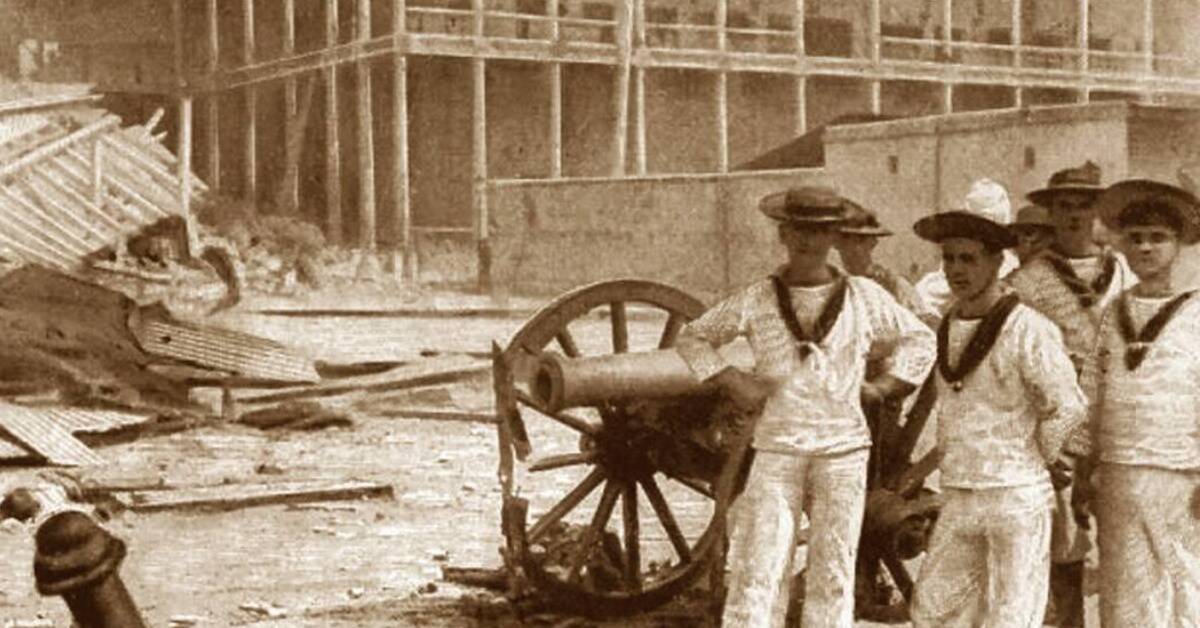
The Anglo-Zanzibar War of 1896 holds the record for the shortest war in history, lasting a mere 38 minutes. This conflict was triggered by the death of the pro-British Sultan Hamad bin Thuwaini, and the subsequent ascension of Sultan Khalid bin Barghash, who was not favored by the British.
When Khalid refused to step down, the British forces launched a swift bombardment that quickly crumbled the Sultan’s palace, leading to an immediate surrender.
The Six-Day War: A Swift and Decisive Battle
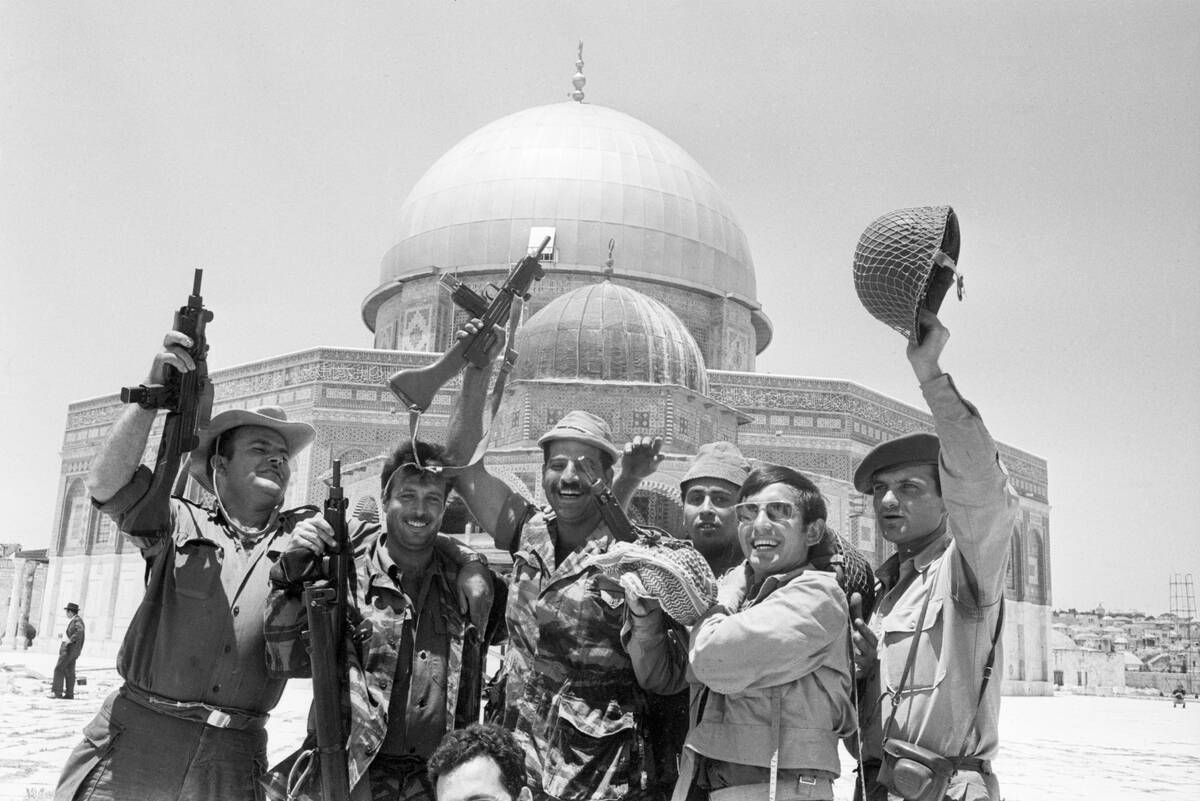
The Six-Day War of 1967 was a rapid and intense conflict between Israel and its neighboring states of Egypt, Jordan, and Syria. It began with a preemptive strike by Israel against Egypt’s air force, effectively grounding it.
Within six days, Israel had captured the Sinai Peninsula, the Gaza Strip, the West Bank, East Jerusalem, and the Golan Heights, significantly altering the geopolitical landscape of the Middle East. This war demonstrated the impact of swift military strategy and air superiority.
The Falklands War: A Rapid Island Conflict
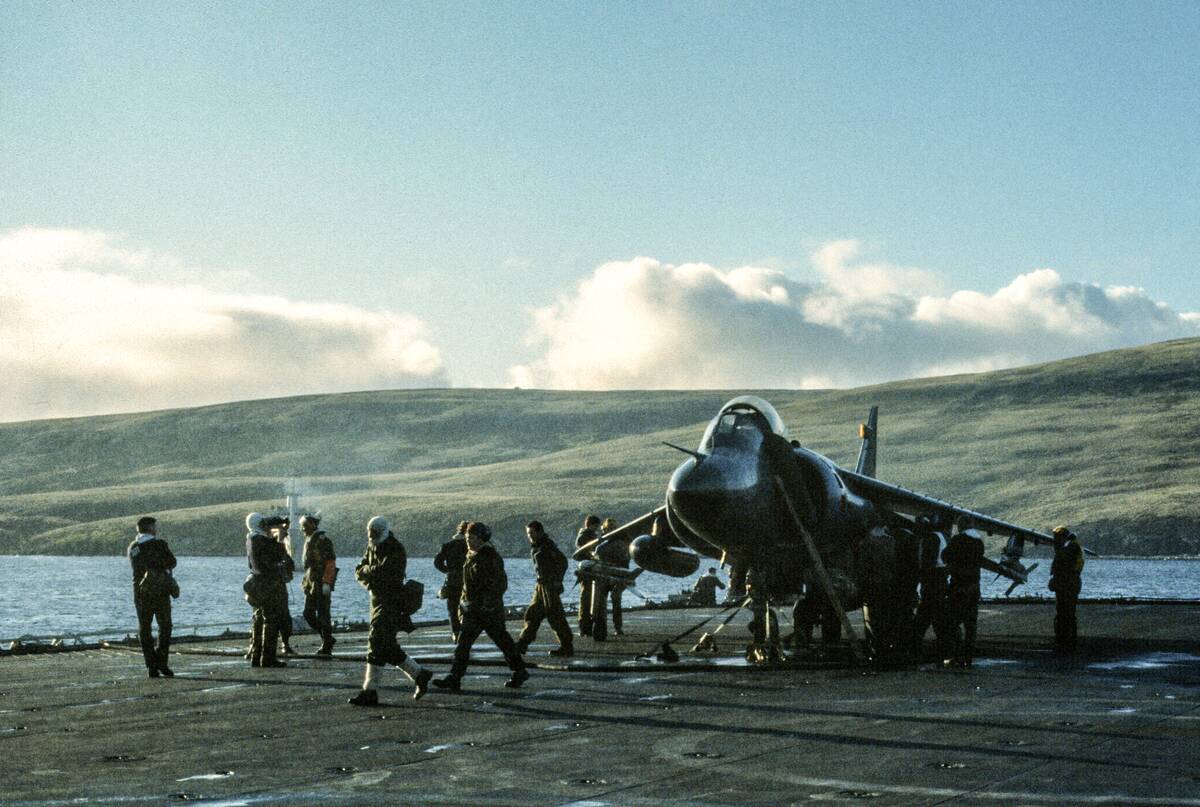
The Falklands War in 1982 was a ten-week conflict between Argentina and the United Kingdom over the disputed Falkland Islands. It began with Argentina’s invasion and occupation of the islands, which are located in the South Atlantic.
The UK responded with a naval task force and, after a series of land and sea battles, regained control of the islands. The war lasted just 74 days but had significant political implications for both nations involved.
The 100-Hour War: El Salvador vs. Honduras
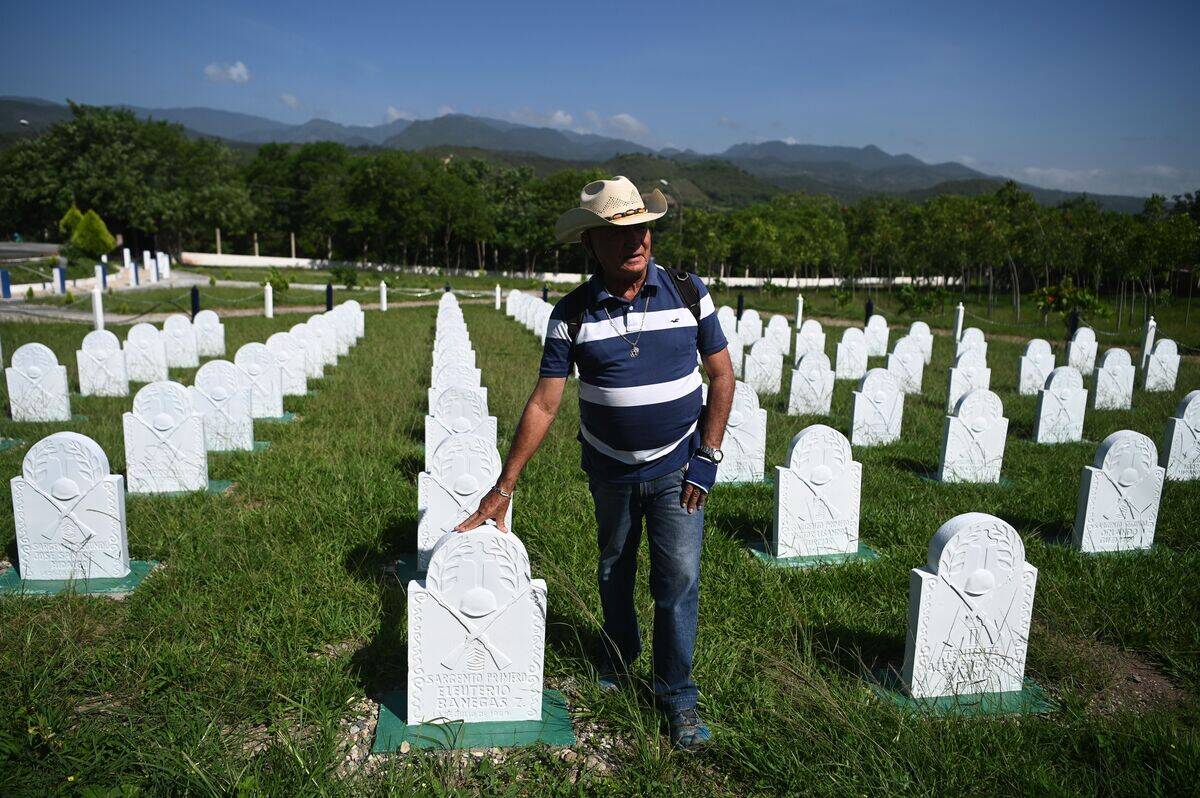
The 100-Hour War, also known as the Football War, occurred in 1969 between El Salvador and Honduras. Tensions between the two nations were exacerbated by a contentious World Cup qualifying match.
The conflict was primarily sparked by issues over immigration and land reforms. Fighting began on July 14 and lasted until July 18, ending with a ceasefire brokered by the Organization of American States. Despite its brevity, the war highlighted deep-rooted regional tensions.
The Russo-Georgian War: Five Days of Fighting
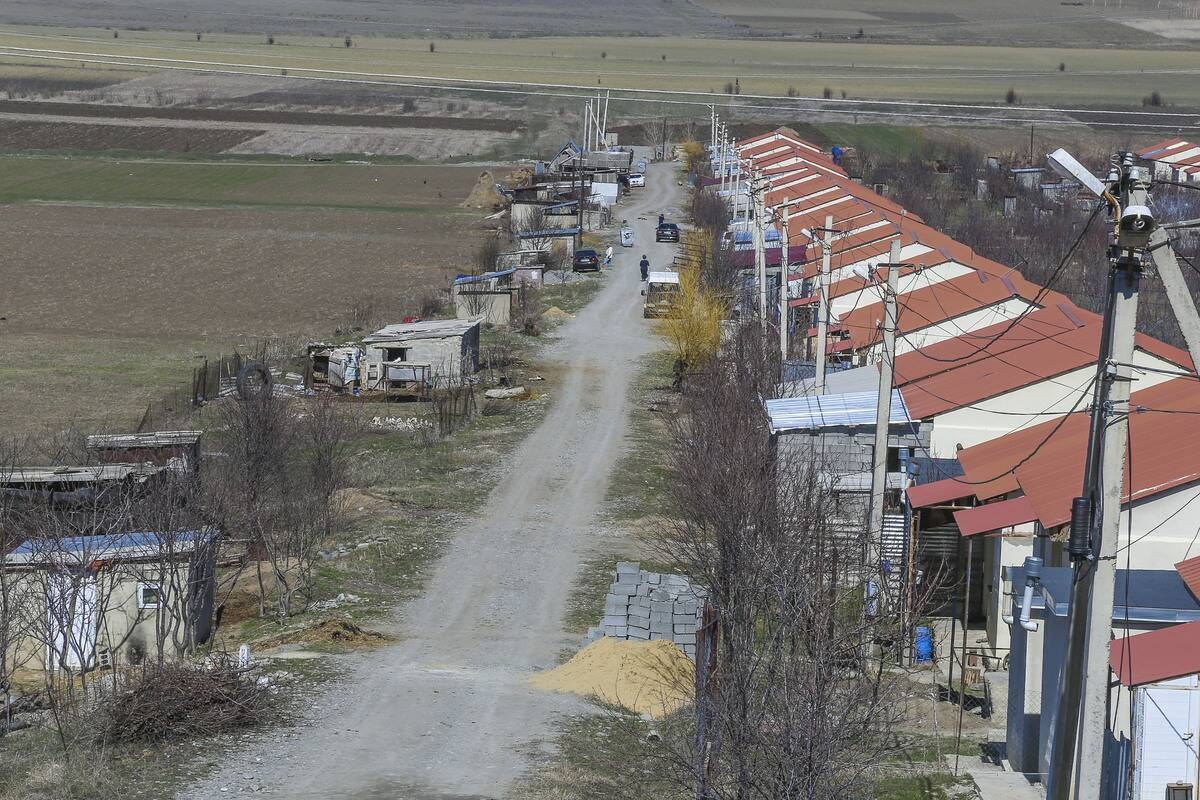
In August 2008, the Russo-Georgian War erupted over the breakaway regions of South Ossetia and Abkhazia. The conflict began when Georgia launched an attack on South Ossetia, prompting a swift military response from Russia.
Within five days, Russian forces had pushed deep into Georgian territory, leading to a ceasefire brokered by French President Nicolas Sarkozy. The short war resulted in significant casualties and displaced thousands, altering the political dynamics in the region.
The War of the Stray Dog: A Brief Border Clash
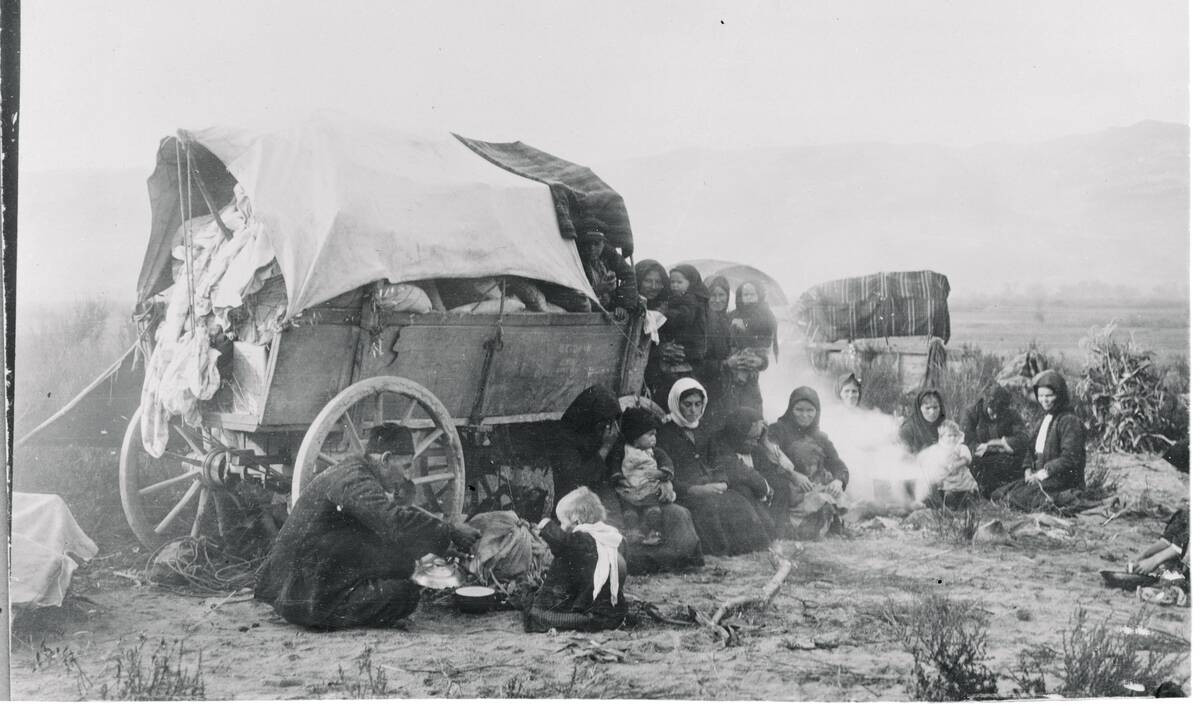
The War of the Stray Dog occurred in 1925 between Greece and Bulgaria. This peculiar conflict was triggered when a Greek soldier chased his runaway dog across the border into Bulgaria and was shot by Bulgarian forces.
In retaliation, Greece invaded, capturing several villages before the League of Nations intervened, calling for a ceasefire. The conflict lasted just over a week, highlighting the volatile nature of Balkan politics in the early 20th century.
The Ten-Day War: Slovenia’s Path to Independence
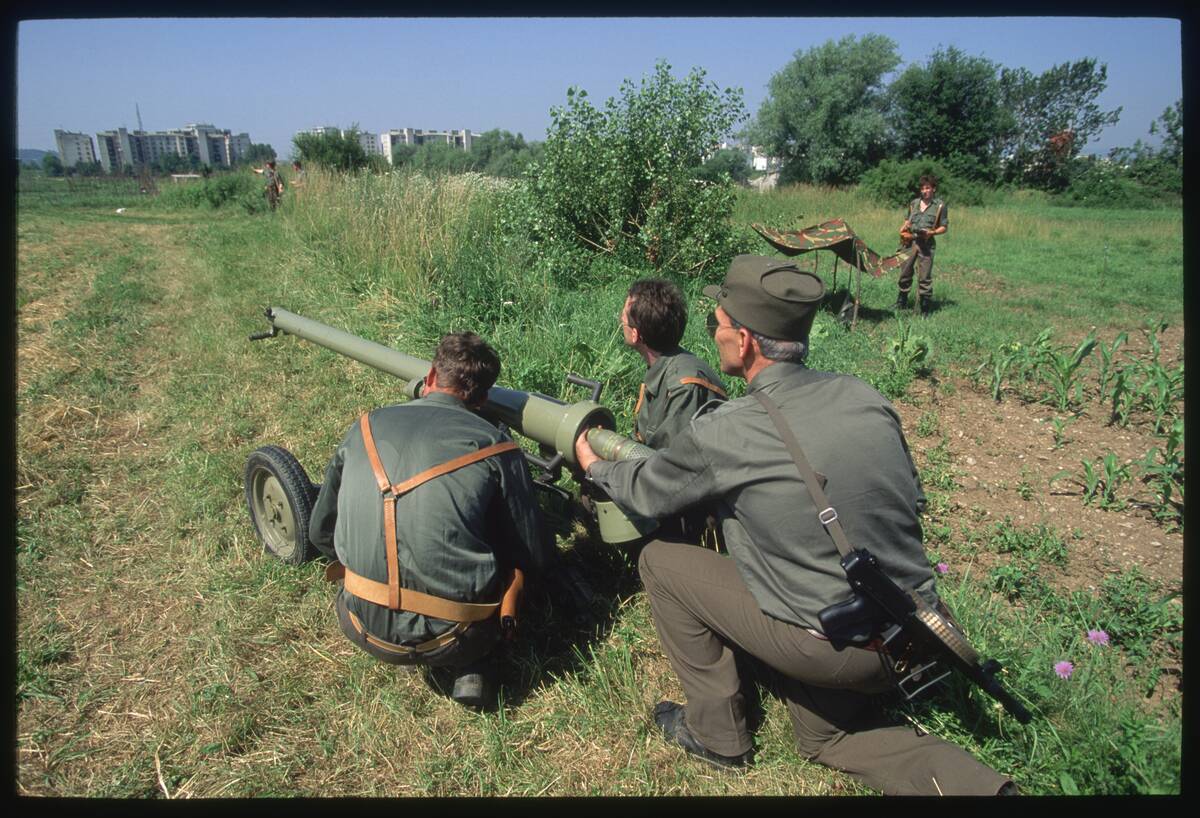
The Ten-Day War in 1991 marked Slovenia’s brief struggle for independence from Yugoslavia. After Slovenia declared independence, the Yugoslav People’s Army attempted to suppress the secession. The conflict involved skirmishes at border posts and strategic infrastructure points.
Despite its short duration, the war resulted in a decisive Slovenian victory, paving the way for its recognition as an independent nation. The conflict demonstrated Slovenia’s resolve and organized defense efforts.
The Indo-Pakistani War of 1971: A 13-Day Conflict
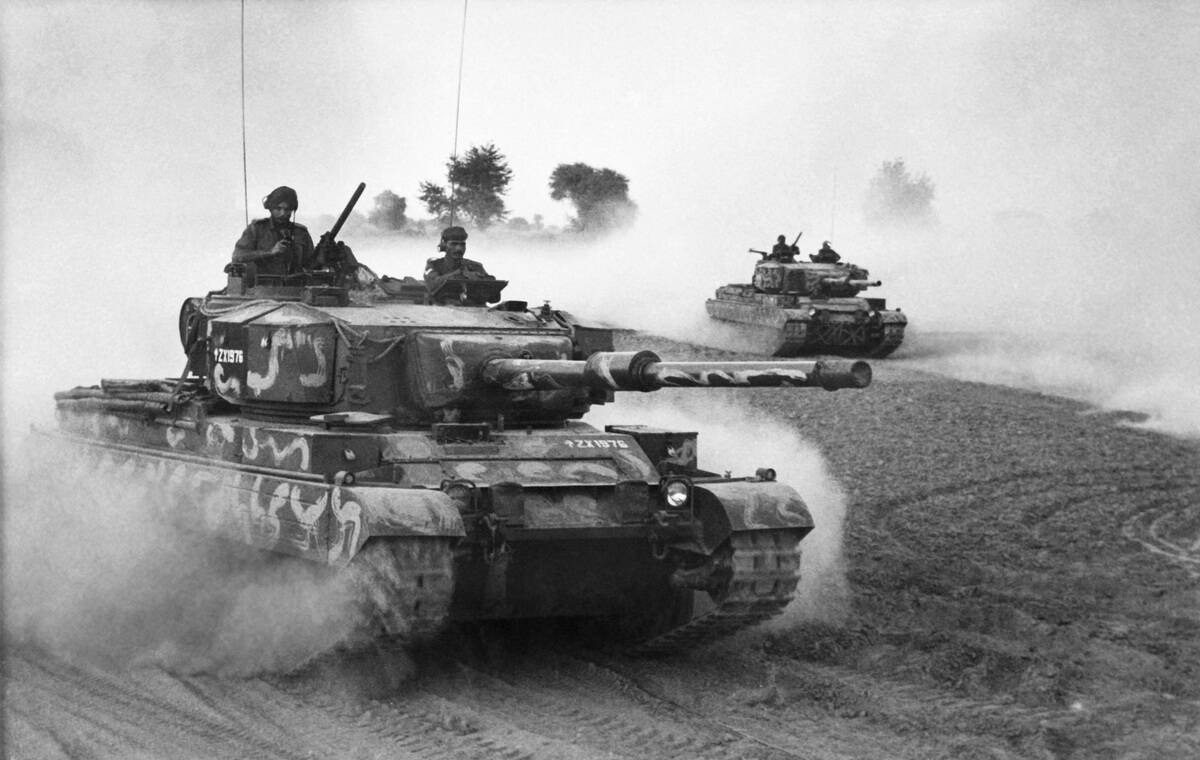
The Indo-Pakistani War of 1971 was a brief but intense conflict resulting in the creation of Bangladesh. It began on December 3, when Pakistan launched preemptive airstrikes on India’s western front. India responded with a full-scale offensive, advancing into East Pakistan (now Bangladesh).
The war ended on December 16 with the surrender of Pakistani forces. Despite its short span, the war dramatically altered the South Asian political landscape and resulted in significant human and economic costs.
The First Balkan War: A Quick and Intense Struggle
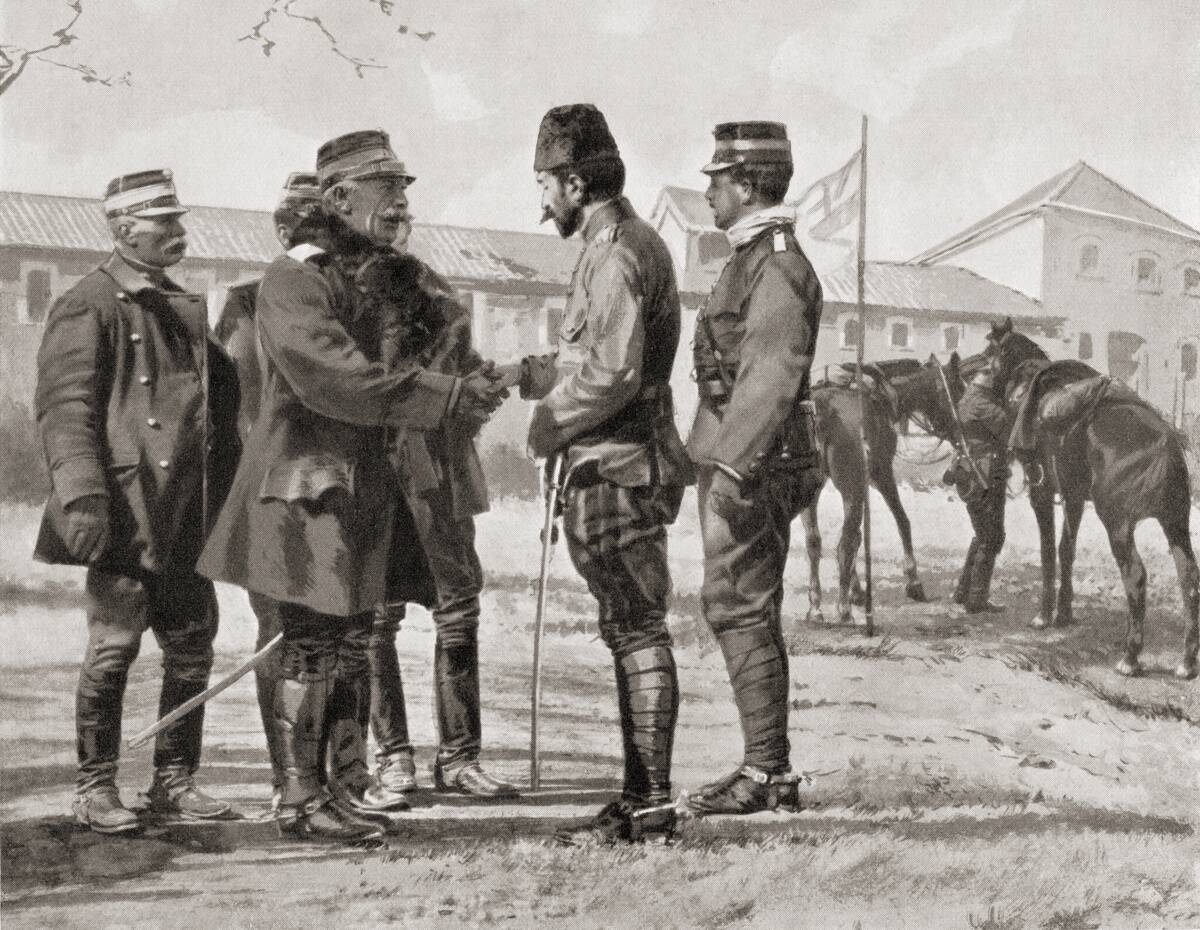
The First Balkan War, fought in 1912-1913, saw the Balkan League nations—Serbia, Montenegro, Greece, and Bulgaria—join forces against the Ottoman Empire. The war aimed to reclaim territories in the Balkans and lasted just over seven months.
Despite its relatively short duration, the conflict dramatically shifted the region’s political boundaries. The swift victories of the Balkan League set the stage for the subsequent Second Balkan War and the reshaping of the Balkan Peninsula.
The Greco-Turkish War of 1897: A Month-Long Skirmish
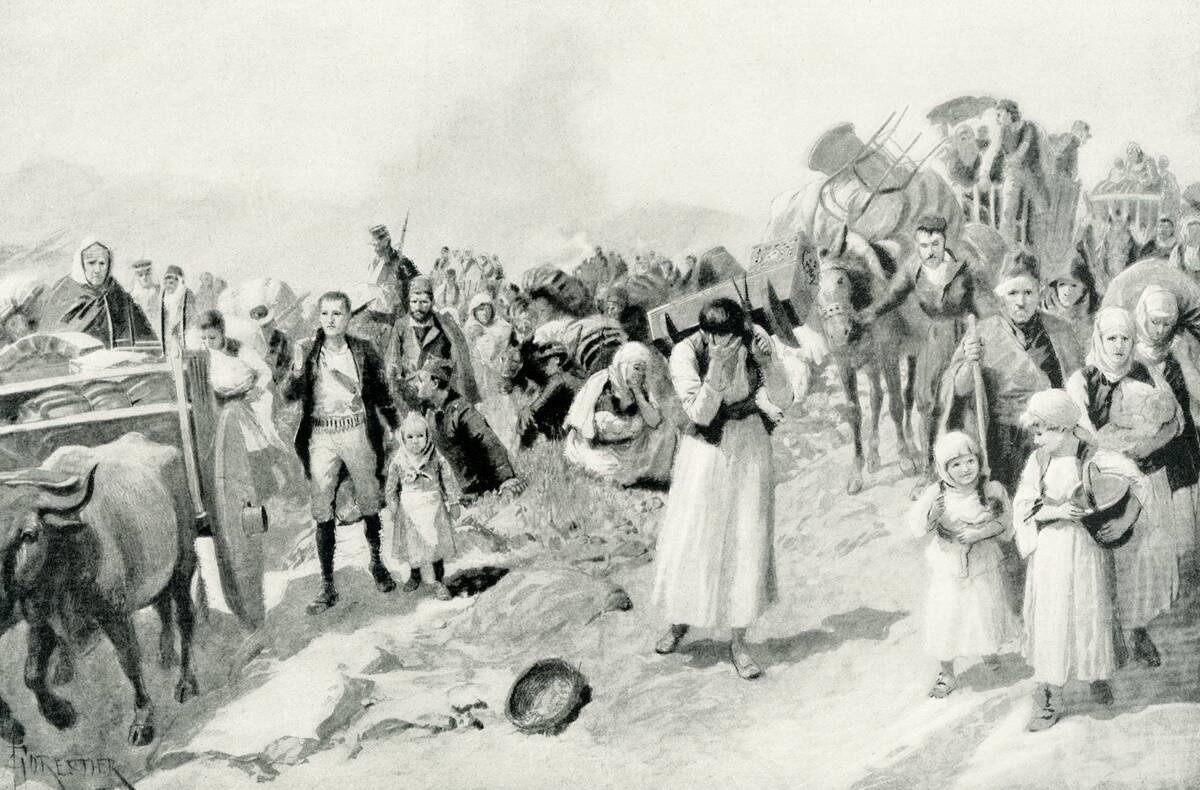
The Greco-Turkish War of 1897, also known as the 30-Day War, was a brief conflict fought between the Kingdom of Greece and the Ottoman Empire. The war was primarily over the status of Crete and began in April 1897.
Despite its short duration, the conflict highlighted the struggles of the Greek army against the better-equipped Ottomans. The war ended with a ceasefire in May, with Greece suffering territorial losses but gaining international sympathy for its cause.
The Second Schleswig War: A Short and Impactful Fight
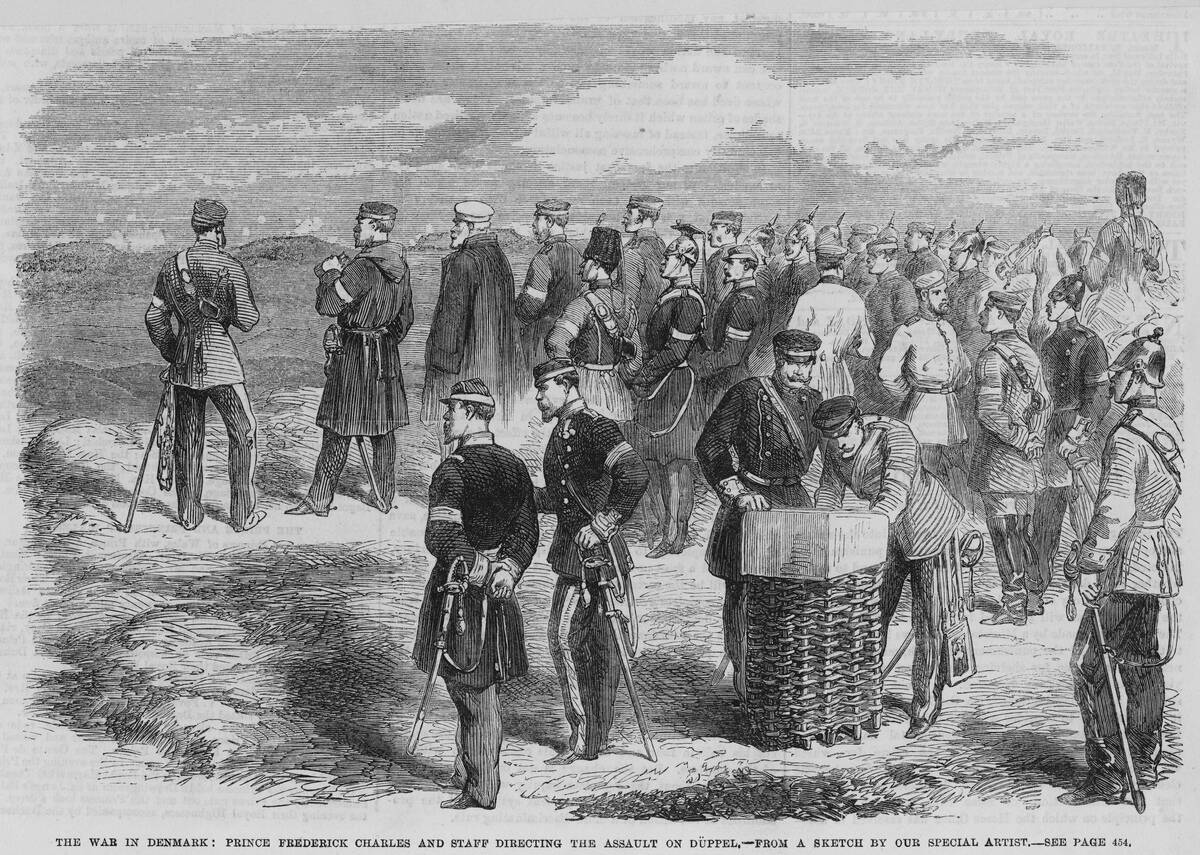
The Second Schleswig War in 1864 was a swift conflict between Denmark and the German Confederation, led by Prussia and Austria. The war began when Denmark attempted to annex the duchies of Schleswig and Holstein, prompting a German invasion.
The conflict lasted from February to October, ending with the Treaty of Vienna. Despite its brief nature, the war marked a significant step towards German unification under Prussian leadership and altered the balance of power in Europe.
The Spanish–American War: A Summer Conflict
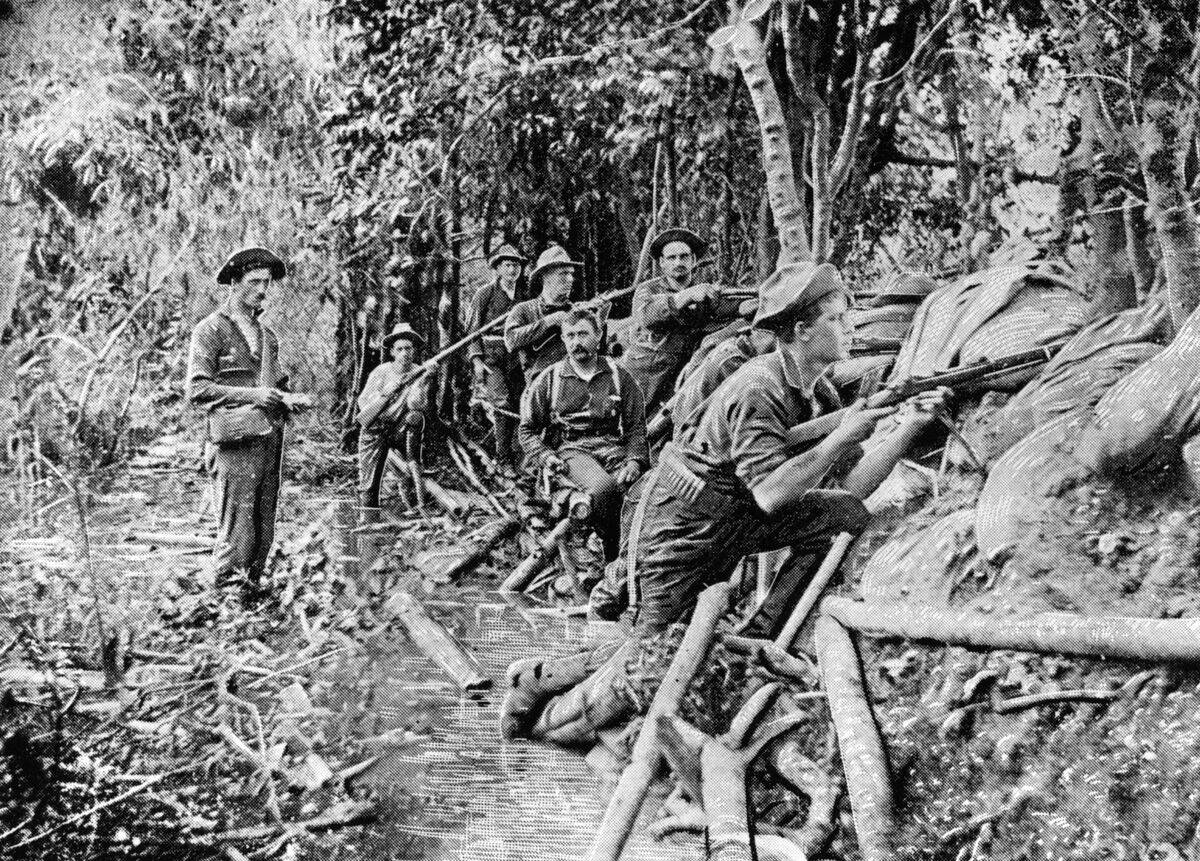
The Spanish–American War of 1898 was a short-lived but pivotal conflict that lasted only 10 weeks. It began after the explosion of the USS Maine in Havana Harbor, leading to U.S. intervention in the Cuban War of Independence.
The war saw decisive American victories in both the Caribbean and the Pacific, resulting in the Treaty of Paris. The conflict marked the end of Spain’s colonial empire in the Americas and the emergence of the United States as a global power.
The Kargil War: A Short High-Altitude Battle
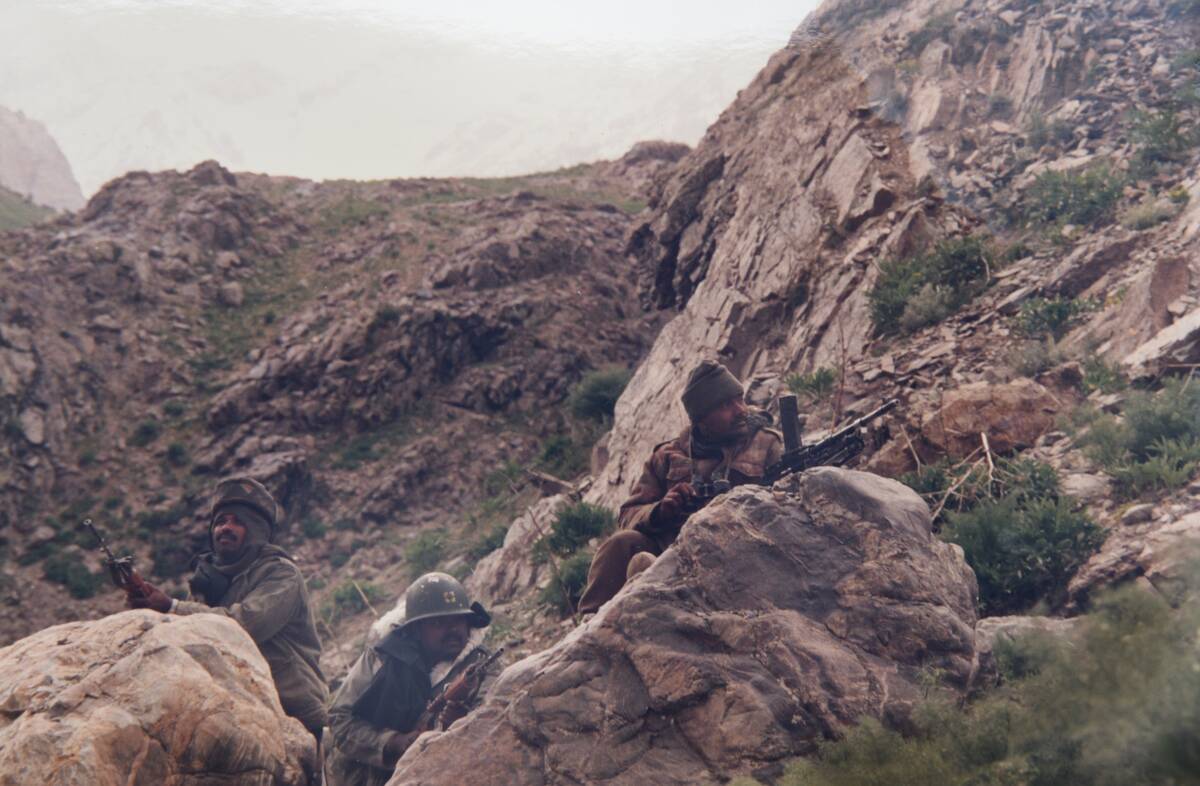
The Kargil War of 1999 was a brief yet intense conflict between India and Pakistan in the Himalayan region of Kargil. It began when Pakistani forces and militants occupied strategic heights on the Indian side of the Line of Control.
The war lasted from May to July, characterized by fierce high-altitude battles. India successfully regained the occupied territories, and the conflict ended with international diplomatic intervention. Despite its short span, the war was significant for its strategic and political implications.
The Second Samoan Civil War: A Brief Pacific Struggle
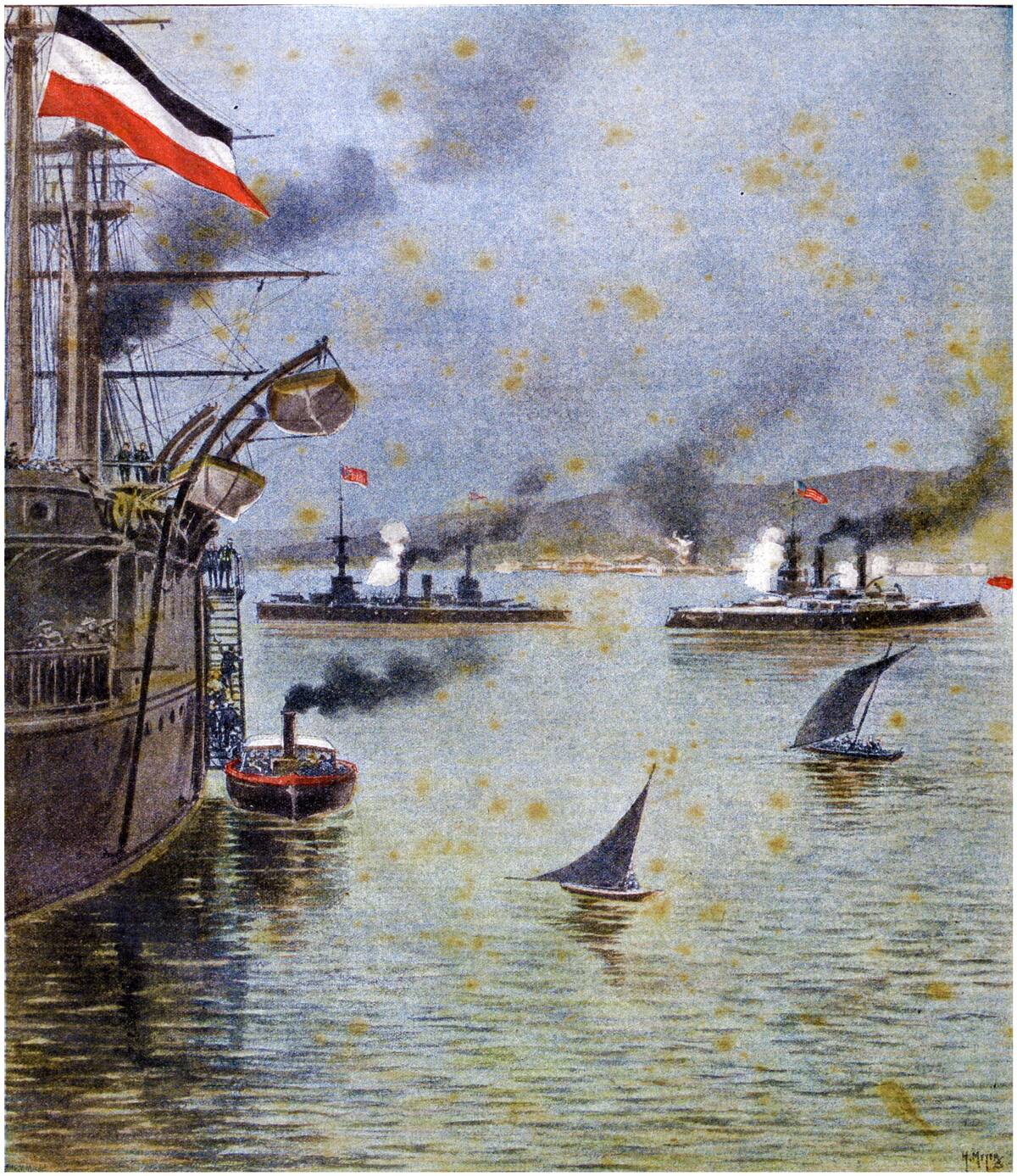
The Second Samoan Civil War, fought in 1898-1899, was a short but significant conflict in the Pacific. It involved the Samoan factions and foreign powers like the United States, Germany, and the United Kingdom.
The war stemmed from disputes over Samoan leadership and territorial control. It ended with the Tripartite Convention, dividing the Samoan Islands among the involved foreign powers. Despite its brevity, the war underscored the imperial interests in the Pacific and the complexities of colonial politics.



